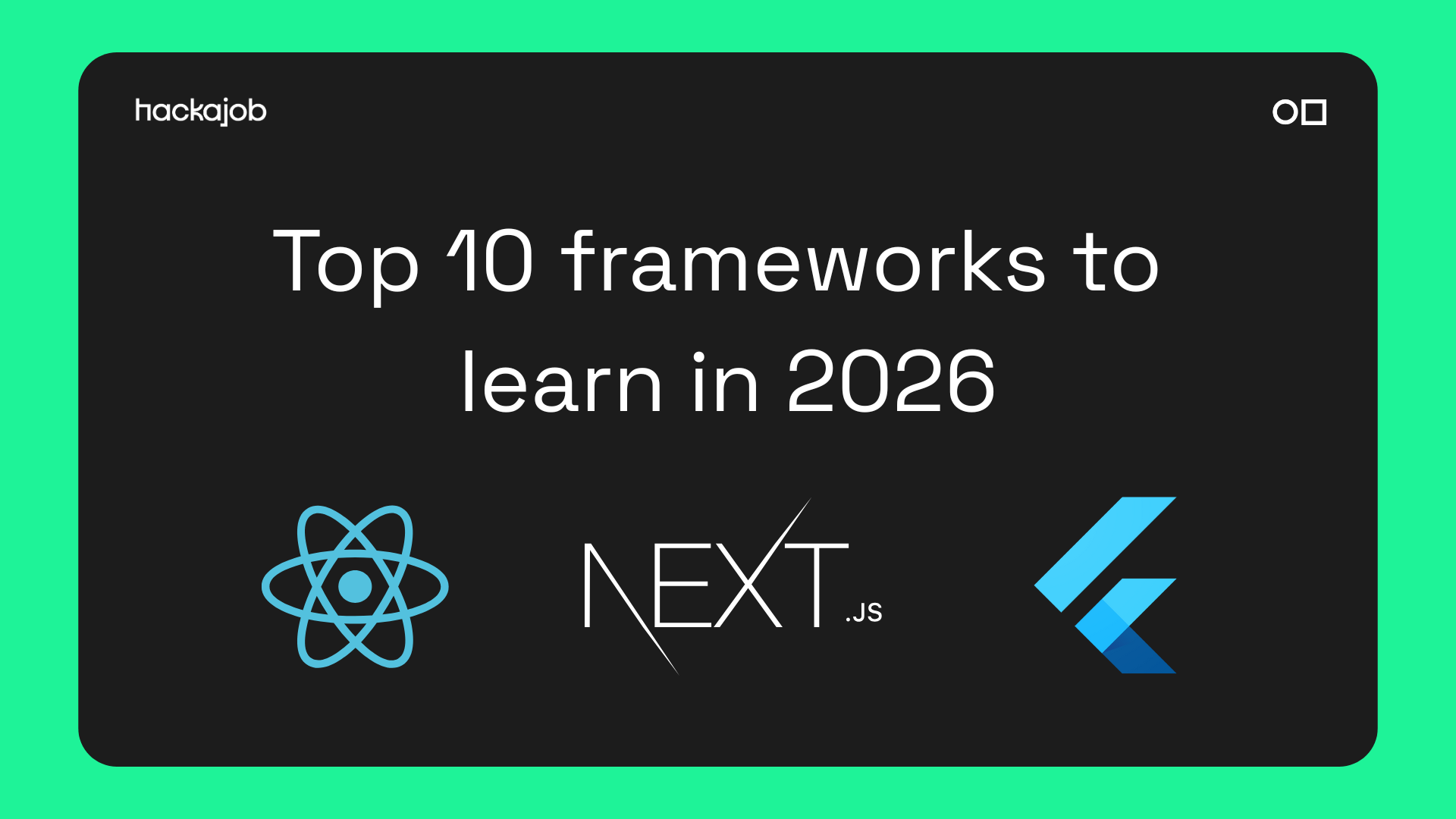Whether you've been in tech for a while or you're just starting out, you've probably heard of Data Engineering. In fact it's been a big buzzword lately, and as a tech platform, we're privy to some super insightful things going on inside data engineering that aren't always common knowledge. Want us to spill the secrets? Keep reading!
What is Data Engineering?
Data engineering has been in the limelight for the last decade and for good reason. Data engineers are responsible for preparing the big data infrastructure which is then used in the algorithms by data scientists and machine learning experts, all of which have seen a huge increase over the past few years. They're also the brains behind building, designing, integrating, and managing gigantic data. Complex queries written by data engineers are targeted to bring an optimised representation of the big data ecosystem to the data scientists.
As once mentioned by Gordan Lindsay, scientists discover but they need an engineer to ‘make’. So buckle up as we debunk some common myths and discuss all the things you want to know. Let's get started!
1. You Can Be a “Librarian” of the Data Warehouse

Guardians of the Galaxy move over, we've got the librarians of the Data Warehouse. Data warehousing, organising metadata, and defining processes cover a major portion of the job. This is exactly why data engineers are also known as data warehousing librarians (hey - don't look at us, we think it's a pretty cool moniker).
Database Management:
The biggest reservoir of data is the databases so it's a good thing if you're skilled in this. So whether it’s MySQL, PostgreSQL, Oracle, or even Microsoft SQL Server, make sure to have a good grasp of how it works.
Data Observability:
As you already know, data observability is another data tech stack layer. It provides visibility and automation to data teams regarding 'broken data'. As a data engineer, it's good to understand how it works because you need to use ‘healthy’ data to foster a data-driven culture across the organisation.
When it comes to data engineering having bad data is worse than having no data at all. As more and more companies become reliant on data pipelines, it’s a necessity to deal with data breakages in a graceful manner. By applying more focus on the data sources from where the data is being collected and the resultant data quality, you'll help your team by saving a lot of time and effort.
2. You'll Become (if you aren't already) a Polyglot

Earlier it was Java and MapReduce, now it’s Python and PySpark - there's always a set of languages that you need to be an expert of. Why? Because one of the most important parts of your job is creating complex data pipelines. With Pyspark being multiple times faster and employing in-memory caching, the growing popularity of the framework is leaving behind MapReduce. The speed of the query processing with Pyspark is much faster because of processing in RAM rather than disk.
Big data deals with a vast variety of data which encompasses both the structured and unstructured so brushing up on your skills will help here. In turn, you'll have an excellent grasp of the data properties for better query optimisation and robustness of the data pipeline.
Apache Spark has huge acclaim in the domain of data engineering. It allows data engineers to build more reliable - and faster - data pipelines. But being an expert coder isn’t enough. You also need to have an operations mindset. Uptime is critical in the data pipeline so you have to make sure your program won't break into pieces because of a few changes.
3. Experience Can Make A Difference

For data engineers, three of the foundational areas of expertise recommended are Operating Systems, Data Structure and Massive Parallel Programming. Why? Because, as a data engineer, you're responsible for infrastructure building and pipeline designing. Experience matters even more than education in this regard which means you don't necessarily need to have a CompSci degree!
Typically, people think it's necessary to have a background in computer science, engineering, or applied mathematics but that's not enough. This role requires heavy technical knowledge and experience. This is why we recommend you have experience in multiple programming languages such as Python and Hadoop as this will stand you in far better stead.
Along with the coding experience, you can always sign up for online certifications such as 'Cloud Data Engineer' by Google or 'Databricks for Data Analysts' by Databricks. These certifications allow you to practically build and work with your projects alongside. Similarly, try making new projects on interfaces like BootCamp and Github to gain further experience - and maybe build your portfolio.
4. You Still Need Good Communication Skills

A slightly non-technical, but extremely important point here. Good people skills are critical for a Data Engineer too! Most of the time you'll be explaining the data stack to clients or those managerial positions who may have little to no technical background.
In fact, soft skills are highly underestimated in the IT industry. Truth is, they make all the difference between efficiency and stress. As a Data Engineer, of course you learn about ETL, database management, data warehousing etc., but have you focused on your communication skills too?
Research shows your productivity will increase up to 25% just because you communicate! Besides, interaction happens all the time; a junior’s code is stuck or a senior requires your suggestion, you have to communicate with the entire team. To be able to articulate why you are using a specific component in the pipeline and how it will impact the business is of utmost importance.
Here are a few tips you can make use of, to make your communication skills top-notch:
- Use 'active listening' to understand the perspective of others.
- Focus on your presentation. Master better communication skills with repetitive practice.
- Pay attention to your body language.
- Ask your peers for constructive criticism and feedback.
- A little trick could be to add illustrative graphics in the demonstration to shift the focus of the audience to the presentation.
Strong communication and collaboration skills are a great way to improve your career in Data Engineering and help you to become more well rounded.
5. There's Constant Change in the Job Market

Also known as 'infrastructure builders', Data Engineers work in a constantly upgrading market. This means you may have to keep up with the changing requirements of the job market. As we mentioned earlier, Java was extremely popular for data engineers but now Pyspark is the new King.
Similarly, there's software that you need to have an excellent command of today. For instance, Apache Kafka is now a huge part of the big data ecosystem. In fact, 18,000 companies - including Uber, PayPal, Netflix, and Spotify - are currently using it! Why wouldn't they? It is open-source, builds high-performance pipelines, integrates data, and most importantly, offers streaming analytics.
Are you a Kafka expert yet? Or RedShift? Or Athena? If not, take this as a wake-up call. Because data engineering is all about constantly upgrading yourself and aligning with the latest market requirements. Having said that, we have every bit of faith that you'll do great!
Ready to jump into Data Engineering career?
We've definitely seen an increase for the amount of companies searching for great Data Engineers on hackajob. If you're actively looking for a Data Engineer role then sign up to hackajob today, and you could be in your new role in just three weeks!
Like what you've read or want more like this? Let us know! Email us here or DM us: Twitter, LinkedIn, Facebook, we'd love to hear from you.


